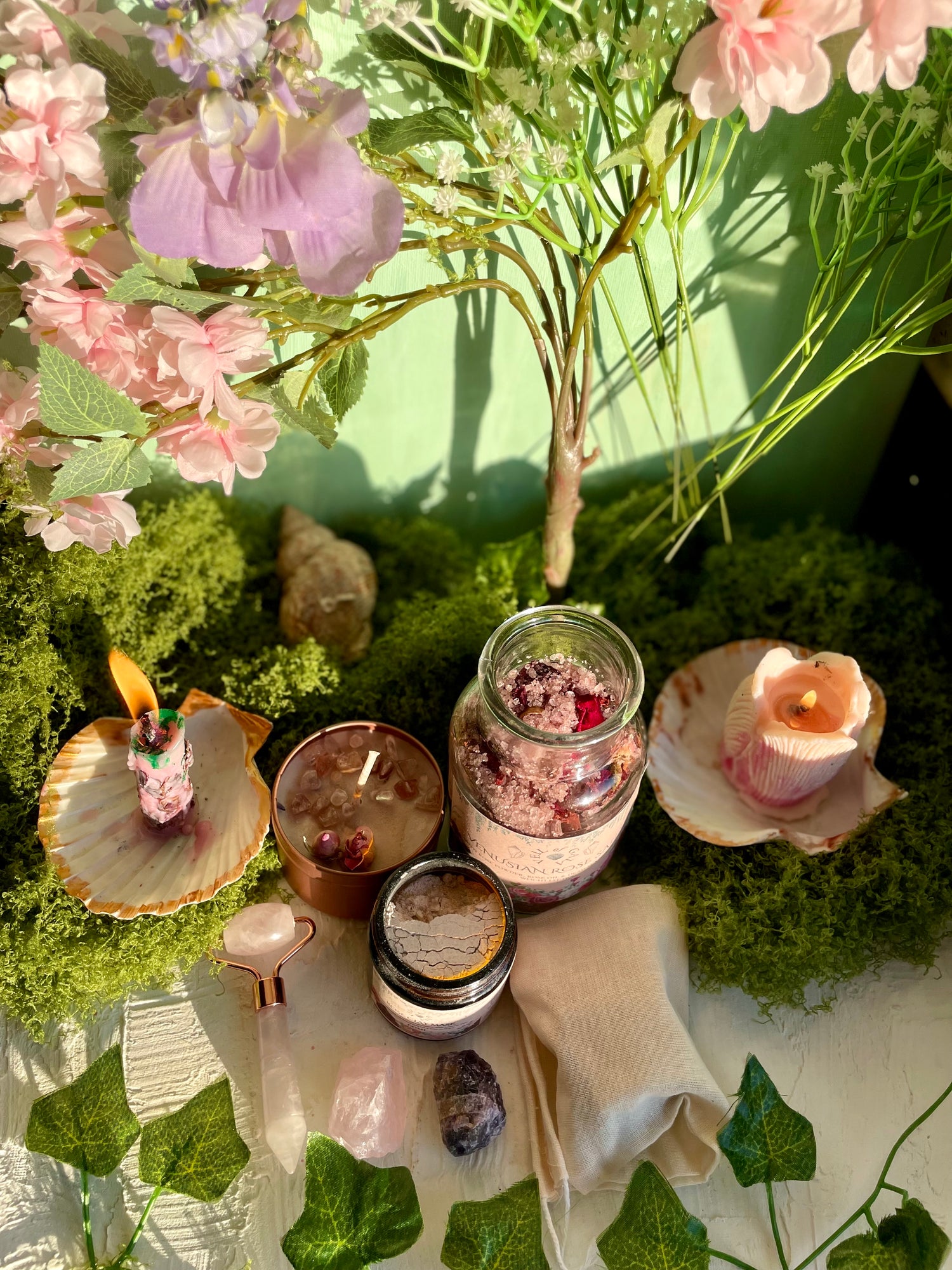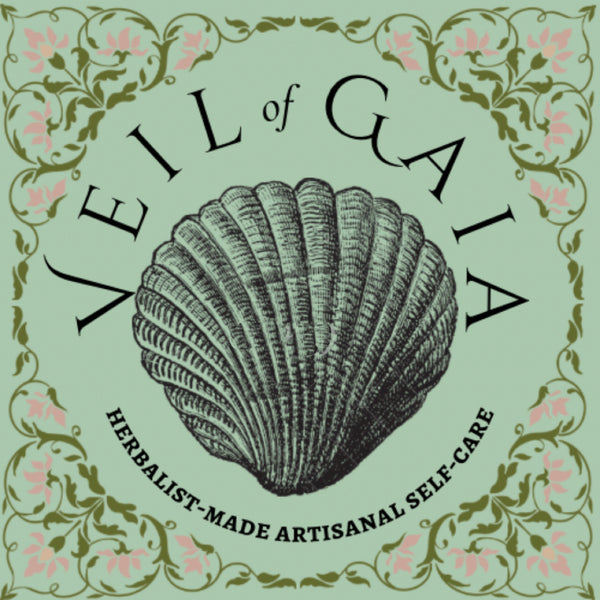There are so many uses for the wonderfully healing rose flower. Rosewater is a great way to work with roses in so many different healing remedies, with heaps of antioxidant, cooling, anti-inflammatory, soothing, anti-ageing, antibacterial, anti-anxiety and aphrodisiac properties. Alongside being used for culinary uses, rosewater has been created and used in remedies, beauty treatments and skincare for centuries, with its roots dating back to ancient Persia. There's a beautiful quote by Rumi that goes:
"Come out here
where the roses have opened.
Let soul and world meet."
-Rumi

The fragrance of roses has also been written about for hundreds of years, from the rosewater doused sails of Cleopatra's ships in Shakespeare's work to the healing beautification of ancient Roman rose baths.
Rosewater can be used:
-To cleanse and tone the face
-As a mist to calm redness, irritation and inflammation
-As a pillow mist to de-stress the mind and promote smoother sleep quality
-To replace water in face masks, adding extra healing goodness to your clay masks
-In your bathwater to soothe the skin, treat irritation and promote relaxation
How to make your own:
Method 1:
This is probably the easiest method and that is simply creating a water infusion.
Simply:
-Gather your roses
-Wash them to remove any dirt or bugs
-Place them in a pan with enough water for there to be an extra 2-3cm of water above the layer of roses
-Boil so that all of the goodness can be extracted and infused into the water. Wait until all of the colour has left the rose petals. Make sure your pan is covered so the water doesn't reduce too much.
-Strain the water and wait for the rosewater to cool before pouring into your desired container. Keep refrigerated. Return the boiled petals to nature as a form of thanks so they can return back to the earth (optional but they're better for the soil than for the bin!).
Method 2:
This method gives you more of a concentrated rose liquid as it is using a distillation process, which is more laborious.
Simply:
-Gather your roses
-Wash them to remove any dirt or bugs
-Place them in a pan with enough water for there to be an extra 5cm of water above the layer of roses
-Place a heatproof bowl in the centre of the pan. This will collect your distilled rosewater.
-Place the lid on the pan but place it upside down. This is so the condensation can travel down the lid and onto the knob of the lid, gathering and falling into the bowl.
-Turn the heat on and allow the water to boil. To speed up the process of distillation place an ice cube on top of the lid so that the cold reacts with the steam, making it condense faster. Consistently check on the boiling water in the pan because if all of the water evaporates, then your roses will simply burn. Add more water if necessary.
-Once you have the desired amount of distilled rosewater you can carefully take your bowl out and pour it into the container of your choice. Now you have pure, distilled rosewater! Very laborious but also very worth it!
-0001.jpeg/:/rs=w:1280)


